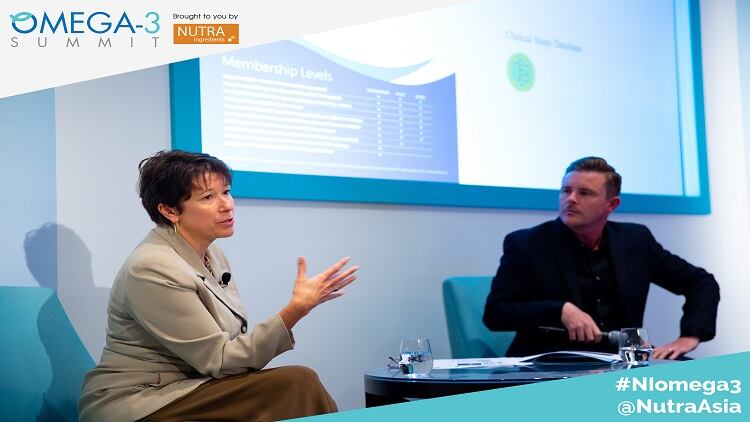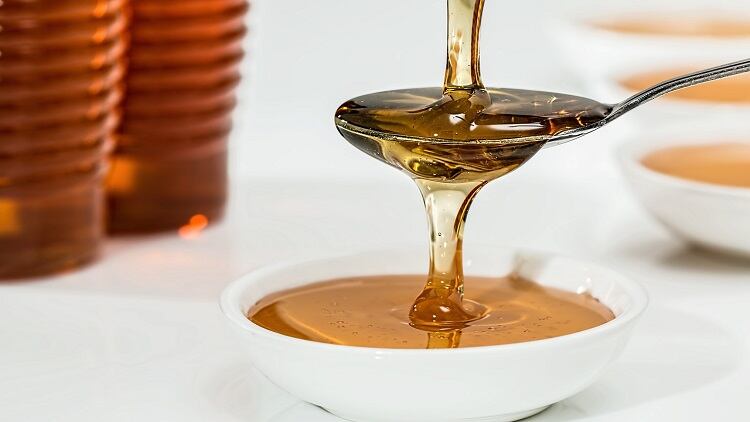The false or exaggerated claims included the treatment or prevention of diseases such as arteriosclerosis, cold and influenza; improvement of bodily functions and alleviation of hangovers; and beautification of the body's appearance by improving dry skin.
These so-called 'health food' products ranged from alcohol and coffee to other general foods.
For example, an unspecified agriculture produce was found to have made a cancer-prevention claim.
A total of 16 beverages (including alcohol and coffee) and 21 other processed foods (including processed meat and aquatic products) have also made questionable claims of improving arteriosclerosis, constipation, reliving fatigue and alleviating dry skin.
Another 45 products that come in the form of capsules, tablets, and granules were also found to have made claims related to improving liver function, hangover, and hay fever. They also claimed to be effective for preventing lifestyle diseases, hypertension, and flu.
In Japan, mainstream foods in general cannot bear a functional claim.
The 78 companies found selling these products were told to change the wordings of the claims.
In 2017, the CAA found 381 manufacturers guilty of making false or exaggerated claims. A total of 425 products were involved, and the CAA had requested the necessary changes to be made to the product claims.
Pitfalls to avoid
At present, manufacturers are able to make the following claims - “Foods for Specified Health Uses” (FOSHU), “Foods with Nutrient Function Claims” (FNFC), and “Foods with Function Claims” (FFC) for health food products.
For FOSHU, the products are scientifically recognised as helpful for maintaining and promoting health, and are evaluated by the government, hence they are permitted to bear specific health claims.
Unlike FOSHU, FFC products do not need to go through the government’s evaluation. Manufacturers make the appropriate function claims based on the scientific evidence obtained from clinical trials or literature review.
In addition, FFC products are prohibited from bearing terms such as “diagnose”, “prevent”, “cure”, or “treat”, according to the CCA.
Claims that imply the effectiveness of treatment or prevention of diseases are also prohibited. In addition, claims that target individuals suffering from a specific disease, such as “for people suffering from diabetes”, is also prohibited.
Also, claims that state intentional enhancement of beauty, such as body-building, hair-growth treatment, skin whitening are prohibited.
As for FNFC, since the product contains nutrients whose function has already been substantiated by scientific evidence, these products can bear a nutrient function claim prescribed by the standards without submitting a notification to the government.





